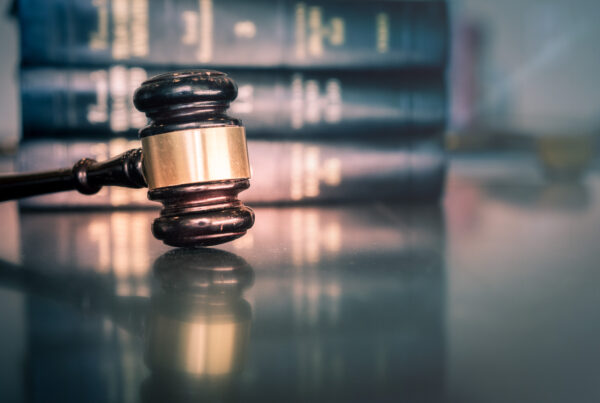The internet is an ever-changing landscape that we, as consumers, must navigate day to day. In a world where little is certain, many find solace within this labyrinth by watching cute animal videos, catching up on no-audience sports matches, or video chatting with relatives. Similarly, we rely on social media to bring us interaction and entertainment; more so now given social distancing requirements. Though social media is mainly used in innocent, enjoyable ways, there are those who utilize social media to carry out some of the greatest evils of our time, including sex trafficking.
On September 4, 2020, Thomas J. Bowles, of St. Charles County, Missouri, was indicted on two charges of sex trafficking, two charges of child enticement, and one charge of failing to register as a sex offender, arising from his interactions with two girls, both underaged, from 2016 to 2020. These heinous crimes were aided and abetted by Mr. Bowles’s use of social media. Mr. Bowles used the Kik social media app to, “recruit, entice, transport, provide, obtain, maintain, patronize and solicit” the two girls, according to this St. Louis Post-Dispatch article.
As the criminal justice system begins churning to serve justice to the victims of Mr. Bowles, at The Simon Law Firm, we ask ourselves: what, if anything, is being done to prophylactically monitor and prevent these types of interactions from occurring in the first place? We believe the civil justice system can be a part of the solution, holding companies who fail to enact modern policies and procedures to recognize and report these heinous transactions, and ensuring that victims of their negligence receive compensation to obtain the treatment they need.
This, in part, can be done with help from the “Allow States and Victims to Fight Online Sex Trafficking Act of 2017”.[i] This Act seeks to alter so-called immunities granted to social media platforms that allow traffickers to commit human and sex trafficking under Section 230 of the Communications Act of 1934. The immunities granted by Section 230 of the Communications Act of 1934 have allowed companies to act in good faith to moderate their platforms to ensure protection from objectionable content. Many social media companies, instead of adapting their policies to confront this grave evil, have relied on the protections they believe are afforded by this act.
Social Media companies, powerful companies that obtain the data of private citizens and undertake to moderate social activity online, shouldn’t turn a blind eye to the evils of human trafficking. Instead, it should enact proper policies and procedures and technology to notice, and react to, potential improper and criminal use of their platforms.
At The Simon Law Firm, P.C., we believe those who profit and aid human traffickers, whether it be hotels or social media platforms, should be held accountable for their actions. If you are a victim, we understand your predicament. We will work tirelessly to ensure you get the help you desperately need, listen confidentially to your story, and work to ensure you are properly compensated for the wrongs perpetrated against you. If you, a loved one, a friend, or a neighbor has been the victim of human trafficking, or sex trafficking, please contact the attorneys at The Simon Law Firm, P.C. for a completely confidential evaluation.
— Tyler H. Shah, Paralegal
[i] Public Law 115-164, Signed into law April 11, 2018






